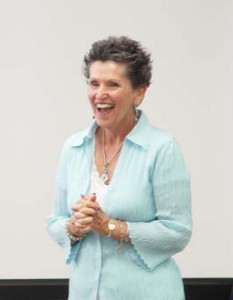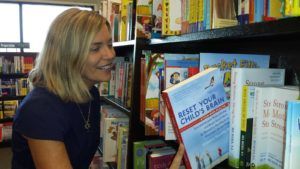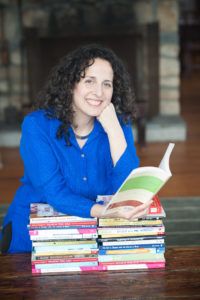 “I’ve made some progress with my outline until about two weeks ago and I’ve read hundreds of articles on writing in the past two months.”
“I’ve made some progress with my outline until about two weeks ago and I’ve read hundreds of articles on writing in the past two months.”
“Hundreds?”
“Yes. Hundreds.”
As an attorney who fights for environmental justice against the biggest polluters (you can probably guess some of the names of these companies), Janna was winding down her casework and planning to turn full time to writing books about her dramatic battles with some of our country’s most powerful companies against the backdrop of a court system consistently manipulated by corporate interests.
While she found herself still wrapping up cases, she felt frustrated by her own tendency to read rather than write. What was going on with her?
A Novice Author and a New Identity
As Janna recounted all the court work that took her away from writing, I felt frustrated with how much time she spent talking about court.
What was wrong with this picture?
“Janna, you keep talking about court. Let’s talk about your book! It’s like you’re still caught up in your identity as a lawyer. You’re taking on a new identity as a writer and author now. That’s not easy. You’ve been an attorney at the top of her game. It’s hard to go back to square one.”
“You’re right. I climbed up the ladder of competence to the top and now I’m on a new ladder at the bottom.”
Wait. I didn’t say that! I took a step back to help her see she wasn’t quite starting at the bottom as a writer.
To me, it seemed her article reading stemmed from a lack of confidence, the discomfort of creating a new writer identity and her attorney’s training to prepare impeccably. The only problem with such extensive preparation? You never reach the stage of actually writing! This wouldn’t do for a writer. We had to get her out of preparation phase.
To address the issue of confidence and taking on a new identity, I suggested Janna create a short statement to embody her new identity, something like:
‘I am a student of writing with several amazing books in me.’
I wanted her to get more comfortable with this new writer identity and see it as a learning phase rather than starting at the bottom.
[bctt tweet=”The Skills for Being a Successful Author” username=”LisaTener”]
 I suggested rather than look at it as starting over, she list the skills that she needs in the preparation and writing phases of becoming a writer of books:
I suggested rather than look at it as starting over, she list the skills that she needs in the preparation and writing phases of becoming a writer of books:
- Getting clarity
- Getting organized
- Creating a habit
- Committing
To that I added:
- Conversational writer
- Researcher
- Writer of influence
It seemed to me that her background as an attorney gave her all the skills except perhaps writing conversationally. Wow! She wasn’t starting at the bottom at all!
[bctt tweet=”How Boundaries Liberate You as a Writer” username=”LisaTener”]
Next, we addressed boundaries. Where was she giving away time ineffectively or sacrificing her book for other people or projects?
I see this all the time when people finally commit to putting their book first and becoming a writer.
Everybody suddenly wants your time for other things, from a ride to the airport to a new work responsibility to a volunteer activity. It’s good to help others but if you say yes to all the requests you will NEVER get your book written.
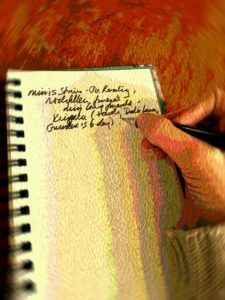 We decided she’d recommit to working on the book first thing in the morning and that working on the book meant outlining or writing, not reading articles or responding to emails or preparing casework. Research, such as reading court transcripts, could only be done on days designated for research. At least half of her time needs to be spent outlining or writing, not research.
We decided she’d recommit to working on the book first thing in the morning and that working on the book meant outlining or writing, not reading articles or responding to emails or preparing casework. Research, such as reading court transcripts, could only be done on days designated for research. At least half of her time needs to be spent outlining or writing, not research.
I also suggested she consider the preparation phase complete and congratulate herself on all the reading she’d done. No regrets. No beating herself up. Any continued outlining could be considered part of the writing phase. This could help her leave the article reading behind and help her develop the detailed outline she needed, as well as actually write.
Once we left lawyering behind, Janna found a few other bright shiny objects to distract her: funnels, goal setting calendars, product development, other courses she’d taken in the past.
She laughed when I pointed out her tendency to jump to other topics. “My candy bars” she called them.
Now, there are times I suggest a budding author schedule some time for writing and some for platform building, to gain the momentum needed for a book deal. In Janna’s case, however, my instinct was that such a strategy would backfire. I told her to worry about platform later. And the program she envisioned creating could come out of the book, once written. Just write the book.
“Once you write chapter one you can treat yourself to an article about writing or funnels. Right now, it’s write, write, write.”
Your Turn
What writing challenges come up for you when you commit to writing a book?
Are you intimidated by the identify of budding author or writer? What are you doing to embrace it?
How are you staying on track?
Share your challenges and strategies as a comment below.
Let’s Get Your Book Off to a Powerful Start!
I’d love to help you get your book written.
Join me and Samantha Bennett for a free seminar:
BRING YOUR BOOK
8:30 pm ET, 5:30 pm PT
And if you are considering my Bring Your Book to Life® Program, which I offer just once a year, I am offering significant savings for those who register early. Feel free to schedule a time here if you wish to explore (or email me to suggest other times).


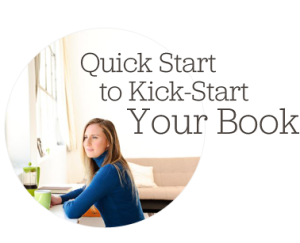 If you’re writing a how-to, self-help or business book, check out the self-study program,
If you’re writing a how-to, self-help or business book, check out the self-study program,  I suggested that he come up with a list of all the questions he has for his editor. Rather than ask her for her vision, he should start with his vision, so that she’s more likely to be on the same page. Some of my suggestions included:
I suggested that he come up with a list of all the questions he has for his editor. Rather than ask her for her vision, he should start with his vision, so that she’s more likely to be on the same page. Some of my suggestions included: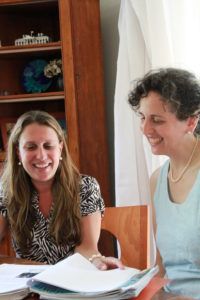
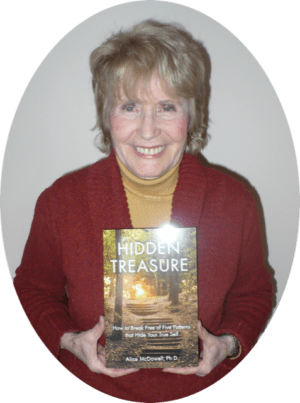
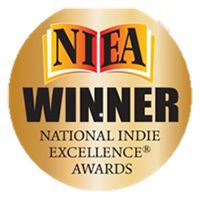
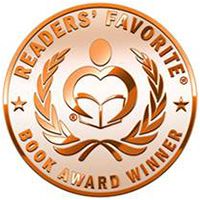
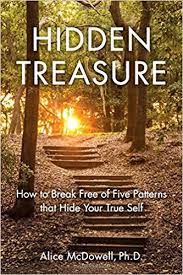 Lisa: I agree. Hidden Treasure is not one of those, “I need to write a book; let me crank something out” type of books. As you say, it is the distillation of almost four decades of teaching. And that wisdom gained, and real-life stories to illustrate it, make it a powerful and empowering read. What advice do you have for authors in the process of writing their books?
Lisa: I agree. Hidden Treasure is not one of those, “I need to write a book; let me crank something out” type of books. As you say, it is the distillation of almost four decades of teaching. And that wisdom gained, and real-life stories to illustrate it, make it a powerful and empowering read. What advice do you have for authors in the process of writing their books?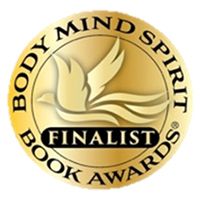
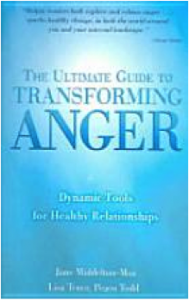 For example, I had not fully imagined what it would be like to teach anger workshops when I had the original idea for the book that became The Ultimate Guide to Transforming Anger. Once the book was published, I taught anger workshops with one of my co-authors. I realized, instead, that I wanted to work with people who want to enhance their creative process and their writing, rather than work with their anger. Over time, that led to becoming a book coach!
For example, I had not fully imagined what it would be like to teach anger workshops when I had the original idea for the book that became The Ultimate Guide to Transforming Anger. Once the book was published, I taught anger workshops with one of my co-authors. I realized, instead, that I wanted to work with people who want to enhance their creative process and their writing, rather than work with their anger. Over time, that led to becoming a book coach!